At the end of 2022, the world is in the middle of severe crises, confronting a range of new and old problems. Climate change calls for effective solutions, the economy is stalling and Covid-19 persists. Russia’s war of aggression against Ukraine has caused not only direct human suffering, but also wider political and economical instability in the form of increased food insecurity and high energy prices. Crises seem to have become the new normal.
Worryingly, fewer and fewer people think that democracy can solve current problems. These are the messages of the report on the state of global democracy published by the International Institute for Democracy and Electoral Assistance (International IDEA), 30 November – The Global State of Democracy 2022 – Forging Social Contracts in a Time of Discontent.
Weak democracies are declining – even strong ones are stagnating
According to IDEA, the state of democracy is characterised by decline and, at best, stagnation. The growth in the number of democracies has slowed down. More than twice as many countries have slid towards authoritarianism based on authoritarian power than have moved closer to democracy. The desire for strong leadership and centralised power has increased, while the importance of democratic institutions, such as elections and parliaments, has been downplayed. In poorly democratised countries, the repression of citizens has increased considerably in recent decades.
It would therefore seem that confidence in the democratic model of governance is being tested at a time when it is needed to bring balance and security in the face of crises, fear and uncertainty. Functioning democratic institutions can ensure free and open interaction and communication between the governments and citizens. This is a prerequisite for effective and rapid crisis response, management and sustainable resolution.
The IDEA Institute’s report strengthens the view that democracy is better placed to solve today’s problems than authoritarianism or electoral autocracy. However, strong democracies should also break out of their stagnation and open up to the necessary reforms and innovations.
What about Finland – are the consequences of a changing media environment reflected in freedom of expression indicators?
In Finland, too, democracy has its shortcomings, even though Finnish democracy is doing well, as usual, in accordance with the indicators of IDEA’s report. Finland is among the best performing quartile in key areas of democracy, with the exception of voter turnout. We fell from the ranks of high voter turnout category during the 1990s depression, and there has been no return to the top. Voter turnout has also decreased across Europe: over 20 years, turnout has dropped in 30 out of the 41 countries. Elections are no longer attracting people to vote as before.
Seema Shah of IDEA, who visited Sitra to discuss the report, raised another striking aspect of the state of Finnish democracy. IDEA’s data shows that Finland has faced a statistically significant drop in terms of the freedom of expression in the last decade. One reason for this has been identified as hate speech and harassment directed at journalists, but also more broadly at civil society operators, minorities, women, decision-makers, government officials and public authorities.
The fear of being subjected to hate speech and harassment affects people’s willingness to participate in social debate and threatens democracy. We should ask ourselves whether we have sufficient means and capacity to respond in today’s information environment, where more and more people feel that they are being harassed or hated. IDEA suggests that we should tackle hate speech and harassment through such things as online moderation, democracy education and legislation that protects freedom of expression and takes into account digital rights.
In addition to voter turnout and online harassment, Finland faces a more general risk. According to IDEA, democratic development has been in a state of stagnation for a long time. The indicators show that Finland is continuing on a rather smooth path, but without any significant progress. This raises the question of whether Finnish democracy is changing sufficiently with society and the environment in which it operates. IDEA draws attention to the lack of innovation behind the stagnation. Finland also has room for improvement. Without an open and critical approach to the challenges and willingness to reform, our democracy could be threatened by a downturn.
Reforming social contracts as a solution to the problems of democracy?
Although the future prospects for democracy do not look bright based on the IDEA report, Russia’s war of aggression has put democracy at the centre of international attention. There is a growing awareness of the need to defend democracy against external and internal threats.
As a solution to the democracy’s challenges, IDEA proposes rethinking and developing the social contracts, meaning the relationship and interaction between citizens and government. IDEA defines a social contract as follows: As citizens, we pay taxes and agree to comply with laws and restrictions in exchange for certain services, security and opportunities to live a life of dignity in the way we choose.
To meet today’s challenges, IDEA argues that social contracts must be more ambitious, go further and better reflect the changing needs and demands of citizens. The report identifies a number of positive steps, the impacts of which extend beyond national borders. These include Chile’s attempt to create a new constitution based on extensive civic participation, the rise of randomly selected deliberative civic panels and new forms of the dialogue and interaction between government and citizens.
The development of democratic civic participation is therefore a genuine opportunity to strengthen the trust between government and the public and the problem-solving capacity of democracies. Participation between elections should take into account and represent the needs of different demographic groups and have an impact on decision-making. Otherwise, participation may end up repeating the problems of traditional democratic institutions.
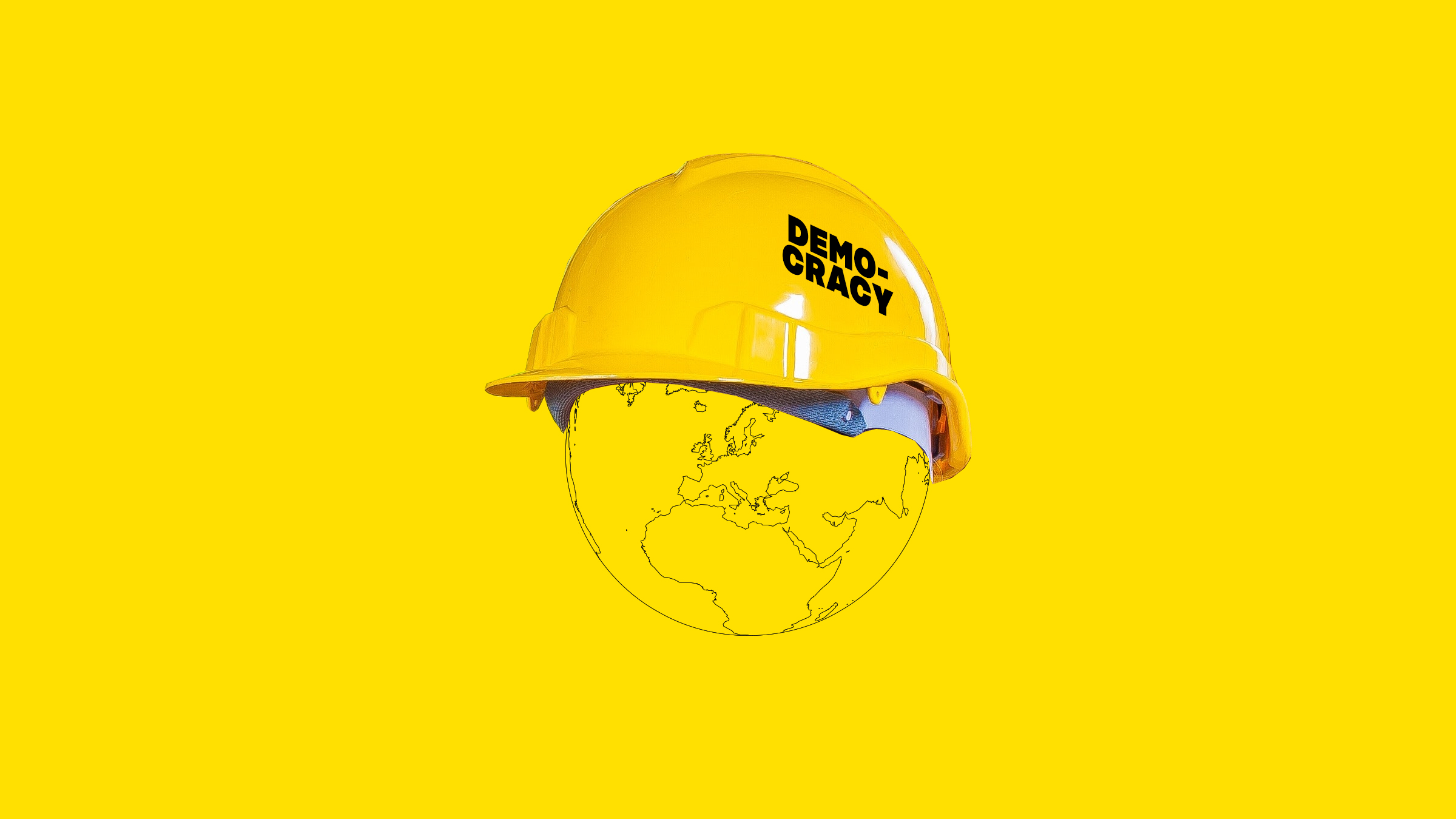






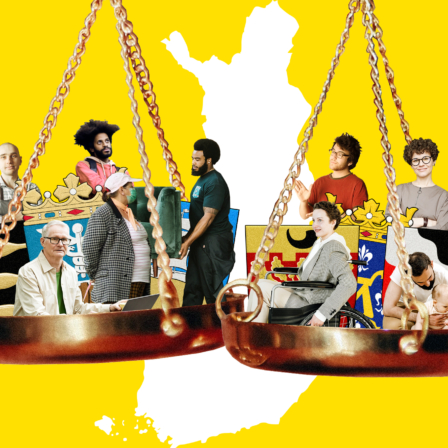

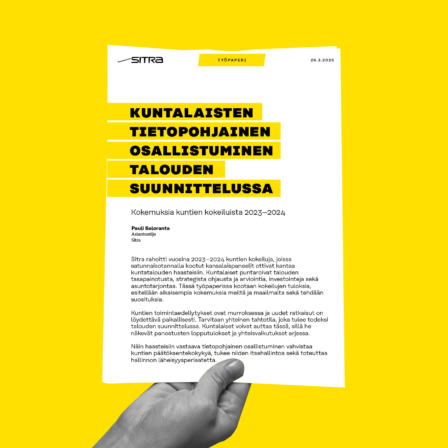
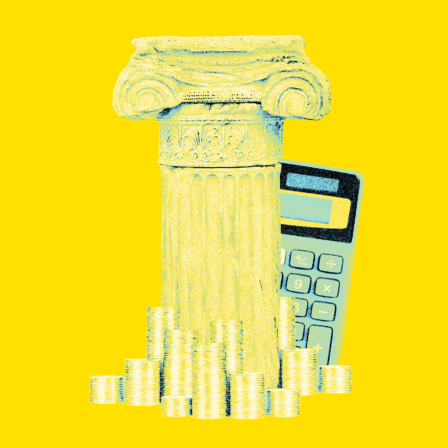

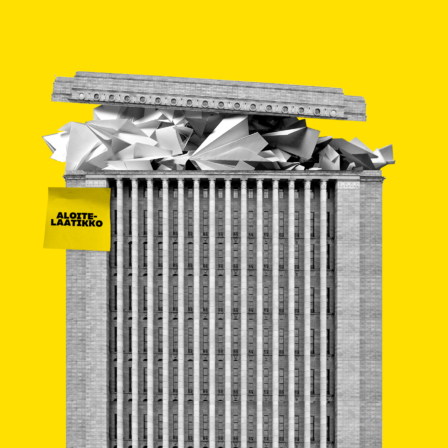

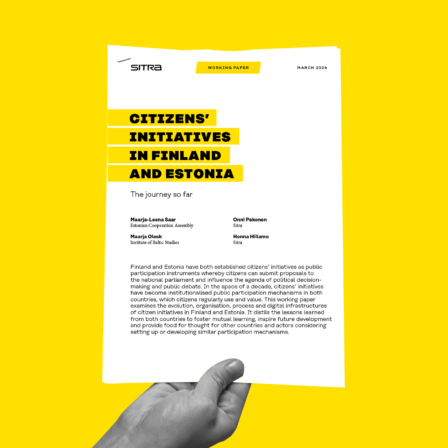
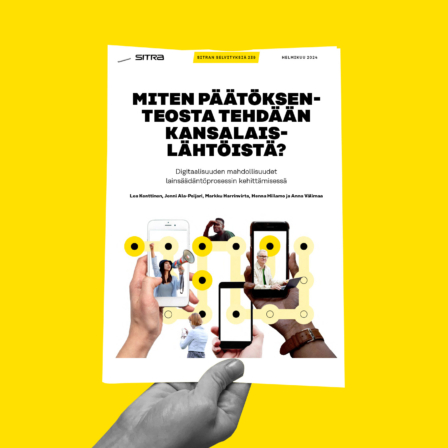
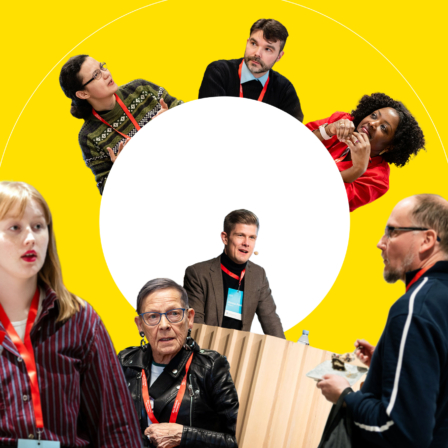

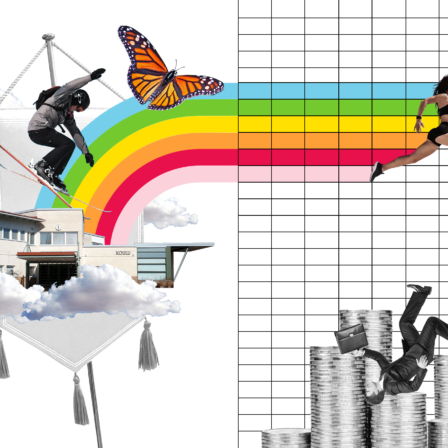
Recommended
Have some more.